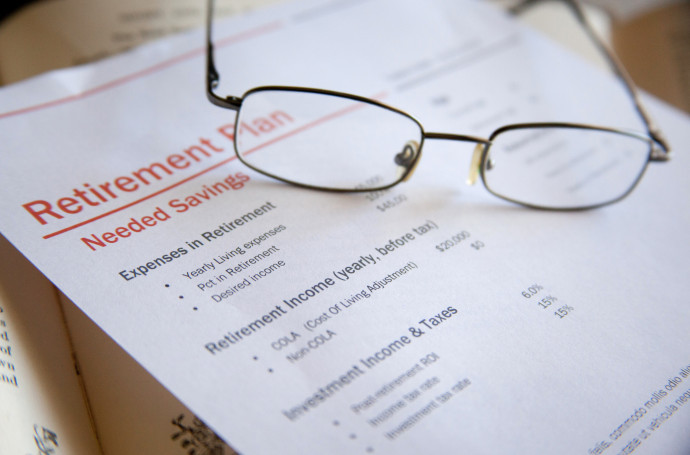Regulation around cryptocurrency is still very unclear and governments around the world have very different ideas about it. While some jurisdictions are trying to ban it outright, others just want to have a bit more control over how it’s traded. Some jurisdictions still don’t fully understand crypto and still don’t know if it should be qualified as a currency or a security. Understanding regulations is very important for traders as they can have serious tax and legal implications. Let’s look at a few examples of how crypto trading is regulated around the world.

Table of Contents
United States
Even if crypto trading and mining are very popular in the US, the country still doesn’t have a clear regulatory framework for cryptocurrencies. The SEC, the Treasury, and the Commodity Futures Trading Commission all see cryptocurrencies differently, calling them a security, currency, and a commodity respectively. Not only that, but the IRS classifies cryptocurrency as property, which further complicates things for traders.
The country has done a great job at regulating exchanges in the country, however. All exchanges have to comply with the Bank Secrecy Act and be registered with the Financial Crimes Enforcement Network. They also have to abide by the Anti-Terrorism Act and anti-money laundering (AML) legislation.
Japan
Japan is another country that has decided to embrace crypto, and like other regions has seen a rise in the popularity of crypto trading via a range of providers that seek to serve this booming market. These include “regular” crypto exchanges, to decentralized exchanges known as a DEX, to online brokers of crypto derivatives like contracts for difference. All locally based trading platforms have to be registered with Japan’s Financial Services Agency (FSA), which is one of the most rigorous financial regulatory agencies in the world. All exchanges have to be compliant with AML obligations as well. Crypto gains in the country are taxed under “miscellaneous income” and crypto is viewed as property from a tax standpoint.
United Kingdom
The UK, like many other countries, does not recognize crypto as legal tender, but as property. All exchanges operating in the country have to be registered with the UK Financial Conduct Authority. They also have to abide by special ‘know your customer’ (KYC) regulations and follow AMT and CFT guidelines.
Canada
Canada is one of the countries that has taken the most proactive measures to regulate crypto trading. All exchanges in the country have to be regulated by provincial agencies. The country is also one of the first to accept crypto derivatives by being the first to approve a Bitcoin ETF in February 2021.
Australia
Australia is relatively proactive when it comes to crypto and has some strict rules about what exchanges can offer services to Australians and even which coins they can offer. Australia is one of the only countries to formally ban privacy coins, and exchanges operating in the country have to register with the Australian Transaction Reports and Analysis Centre while abiding by AML/CFT regulations. Australia also has strict rules regulating initial coin offerings (ICOs) and crypto is treated as legal property under the tax code.
Even if most countries have similar legislation governing crypto, there are still some nuances. This is why traders living in these countries or thinking of trading within their borders should learn more about the regulatory framework in each country before starting.


